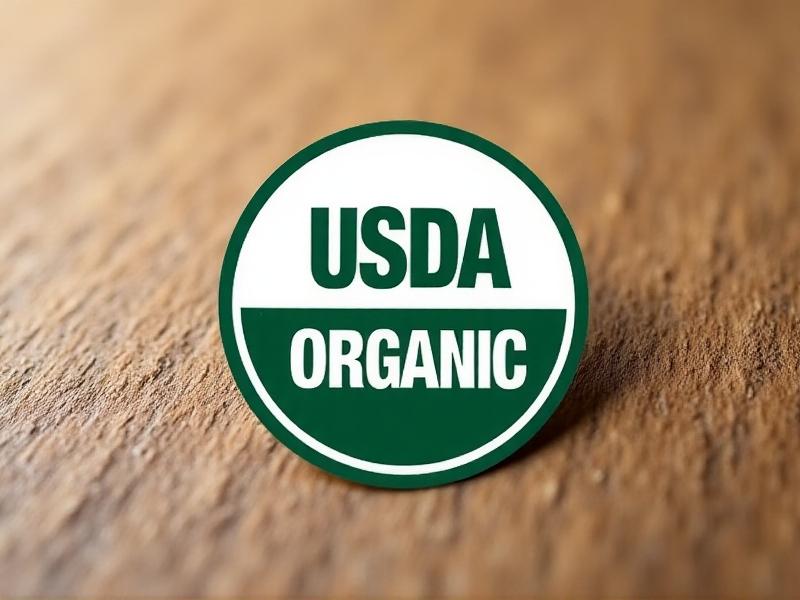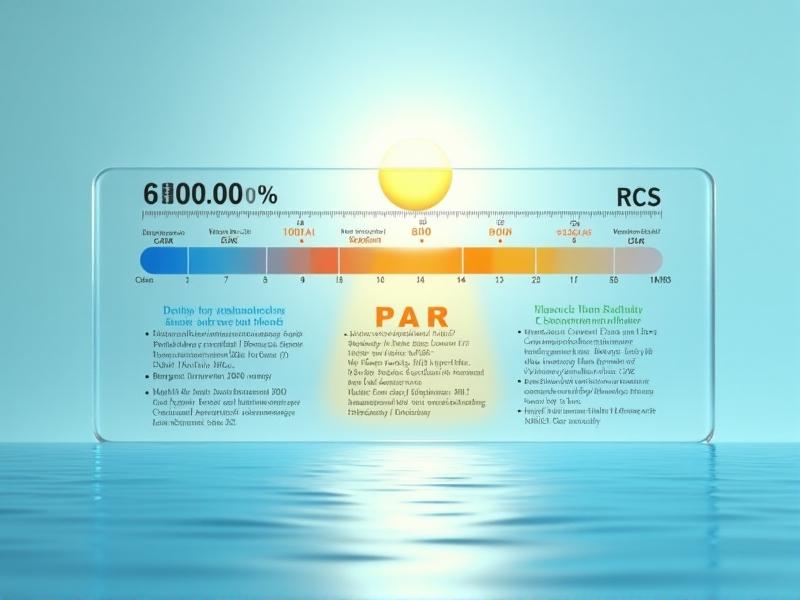USDA Organic Certification Costs Breakdown
Understanding USDA Organic Certification
The USDA Organic Certification is a label that assures consumers that the products they purchase meet strict federal guidelines set by the United States Department of Agriculture (USDA). These guidelines ensure that the products are produced without the use of synthetic fertilizers, pesticides, genetically modified organisms (GMOs), or other prohibited substances. For farmers and producers, obtaining this certification can be a significant step towards attracting a niche market of health-conscious consumers. However, the process involves various costs that can be a barrier for small-scale producers. This section will delve into what the certification entails and why it’s important for both producers and consumers.

Initial Application Fees
The journey to becoming USDA Organic certified begins with the initial application. This step involves submitting detailed documentation about your farming or production practices, which are then reviewed by a certifying agent. The application fees can vary widely depending on the size and complexity of your operation. For small farms, the cost might be relatively modest, but for larger operations, the fees can escalate quickly. This section will break down the typical costs associated with the initial application and provide tips on how to budget for this first step in the certification process.

Inspection Costs
Once the application is submitted, the next step is the on-site inspection. A certifying agent will visit your farm or production facility to verify that your practices comply with USDA Organic standards. The cost of this inspection is often one of the most significant expenses in the certification process. Factors that influence the cost include the size of your operation, the number of crops or products being certified, and the location of your farm. This section will explore the various factors that affect inspection costs and offer advice on how to prepare for a successful inspection.

Annual Certification Fees
Maintaining USDA Organic certification requires annual renewal, which comes with its own set of fees. These fees are typically based on the gross organic sales of your operation and can range from a few hundred to several thousand dollars annually. For many producers, these ongoing costs can be a financial burden, especially in years when sales are lower than expected. This section will discuss the structure of annual certification fees, how they are calculated, and strategies for managing these recurring expenses.
Additional Costs and Considerations
Beyond the standard fees, there are several additional costs that producers may encounter during the certification process. These can include the cost of transitioning conventional land to organic, purchasing organic seeds and inputs, and implementing new record-keeping systems. Additionally, there may be fees for making changes to your certification, such as adding new products or expanding your operation. This section will cover these additional costs and provide insights into how to anticipate and manage them effectively.
Financial Assistance and Cost-Sharing Programs
Recognizing the financial burden that organic certification can place on producers, the USDA and various state programs offer financial assistance and cost-sharing options. These programs can help offset some of the costs associated with certification, making it more accessible for small and mid-sized producers. This section will explore the different types of financial assistance available, eligibility requirements, and how to apply for these programs. It will also highlight success stories from producers who have benefited from these initiatives.
Is USDA Organic Certification Worth the Cost?
While the costs of USDA Organic certification can be substantial, many producers find that the benefits outweigh the expenses. Organic certification can open doors to new markets, command higher prices for products, and enhance the reputation of your brand. However, it’s essential to weigh these potential benefits against the costs and consider your specific circumstances. This section will provide a balanced perspective on the value of organic certification, helping you make an informed decision about whether it’s the right choice for your operation.








